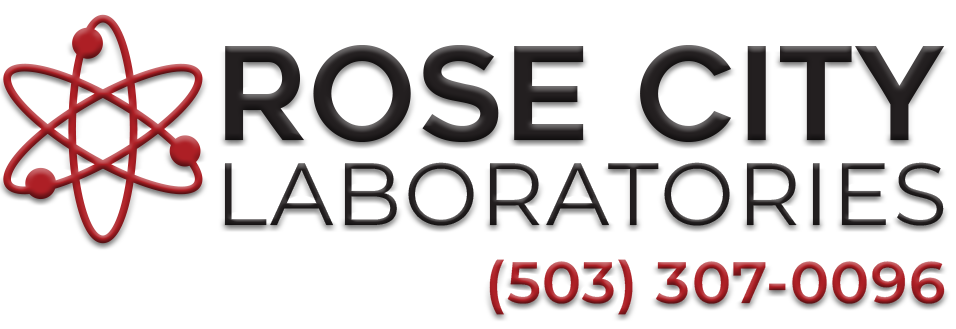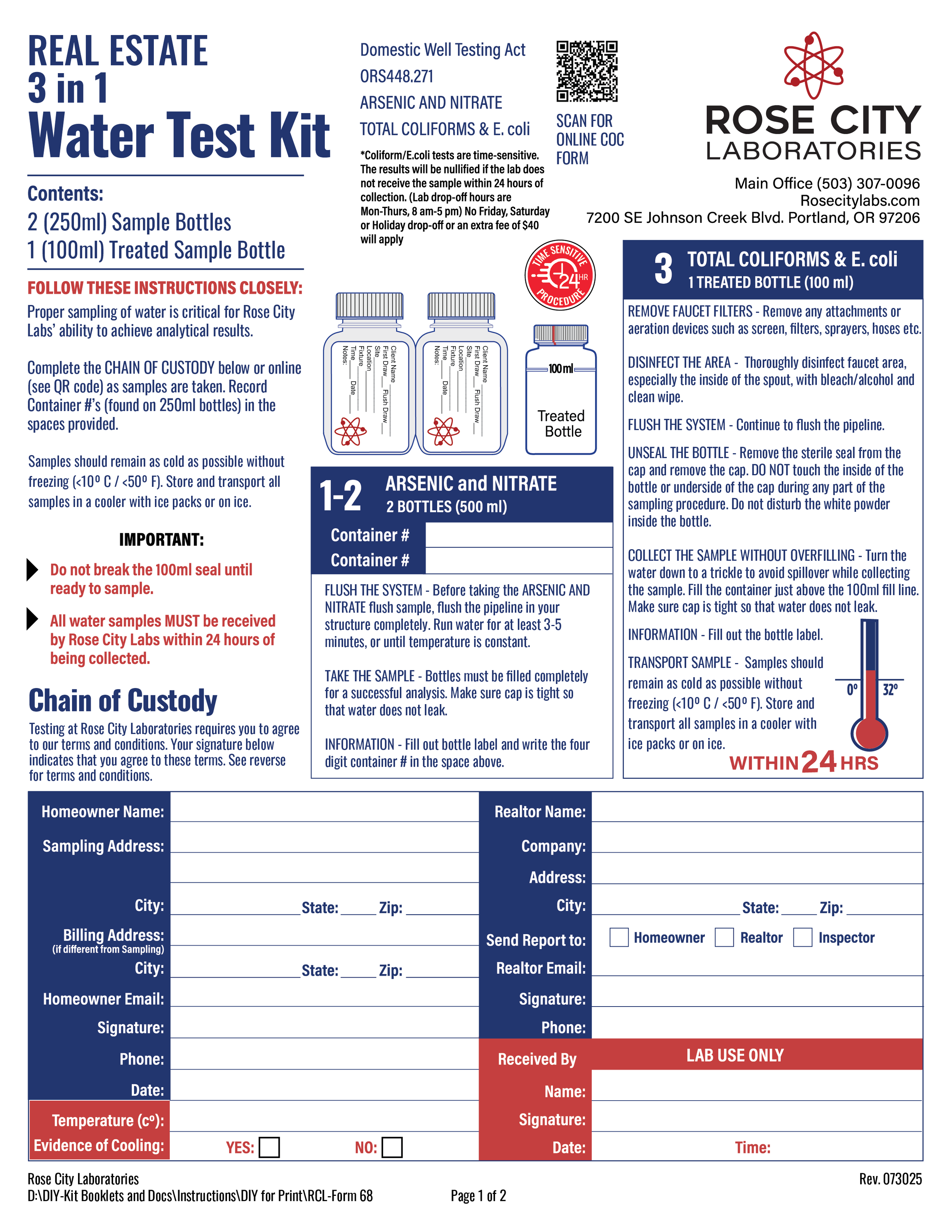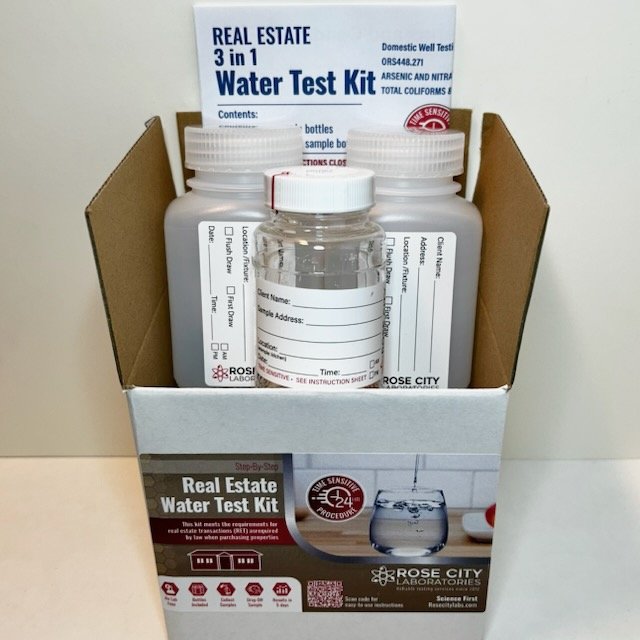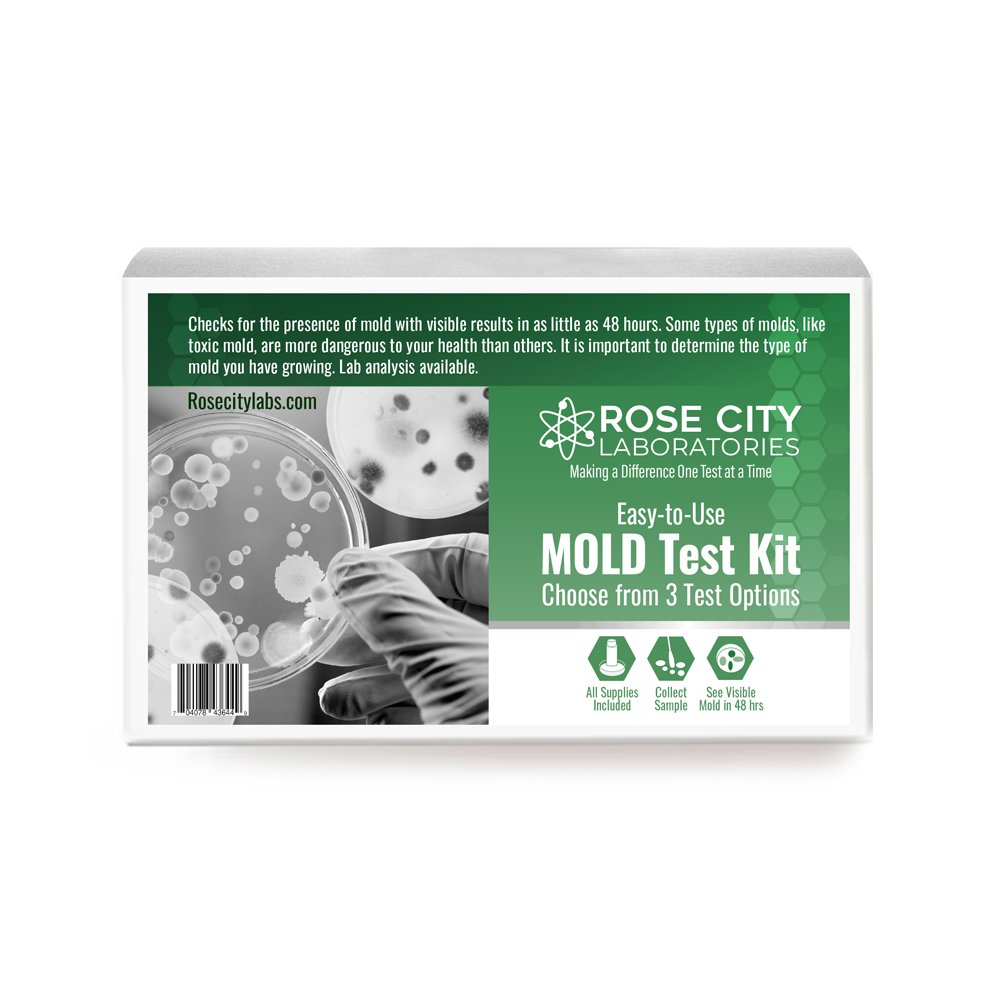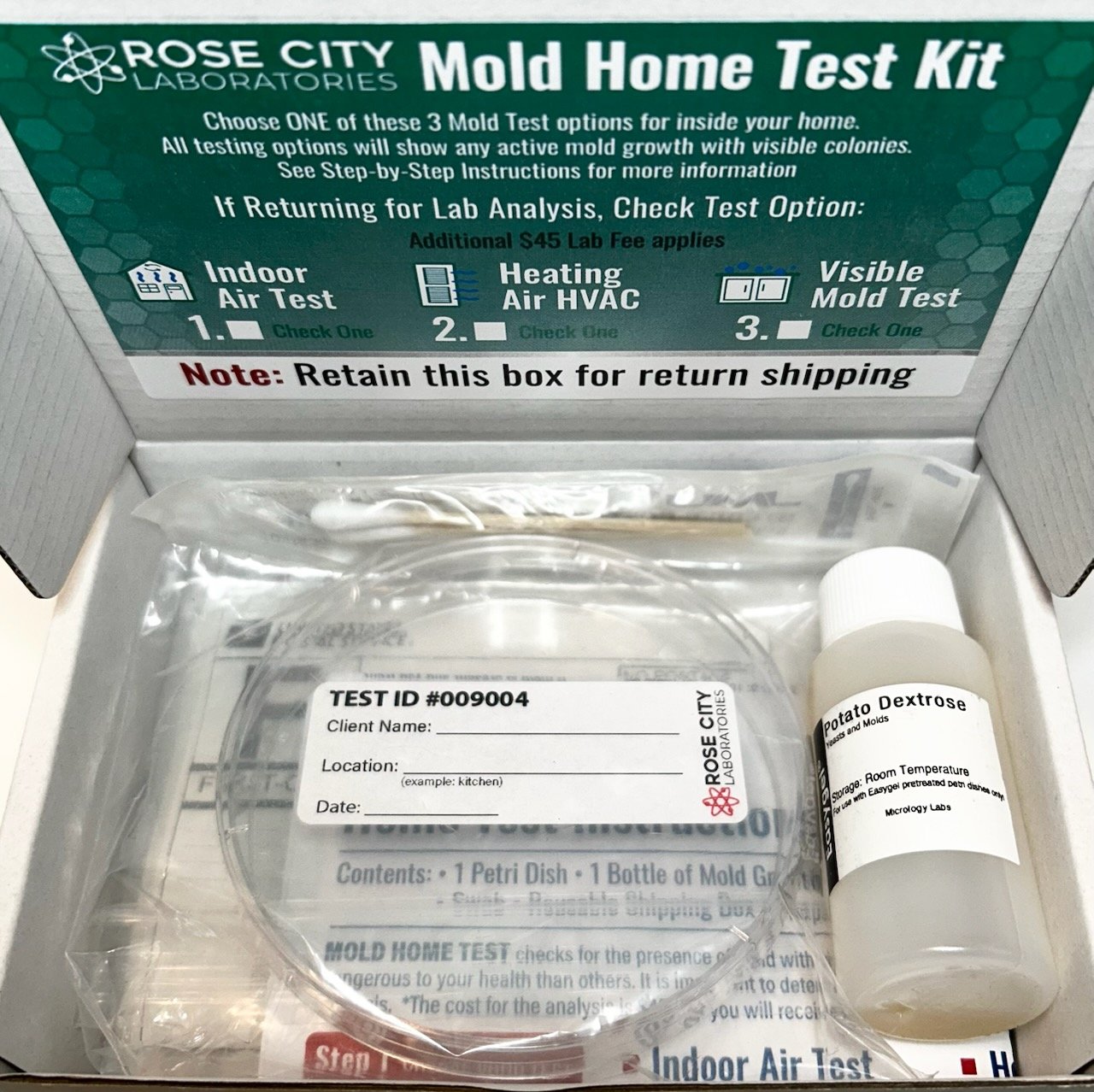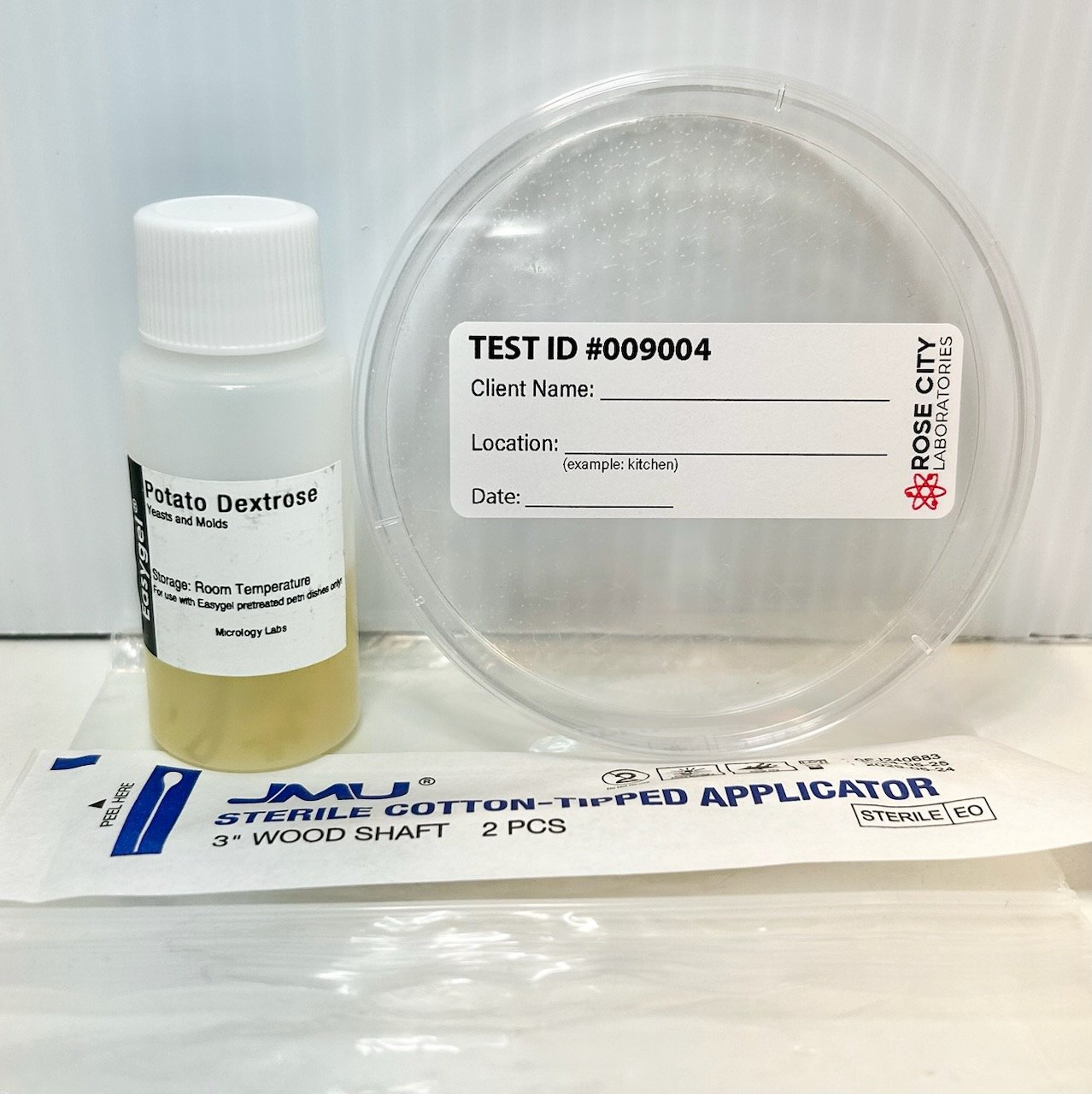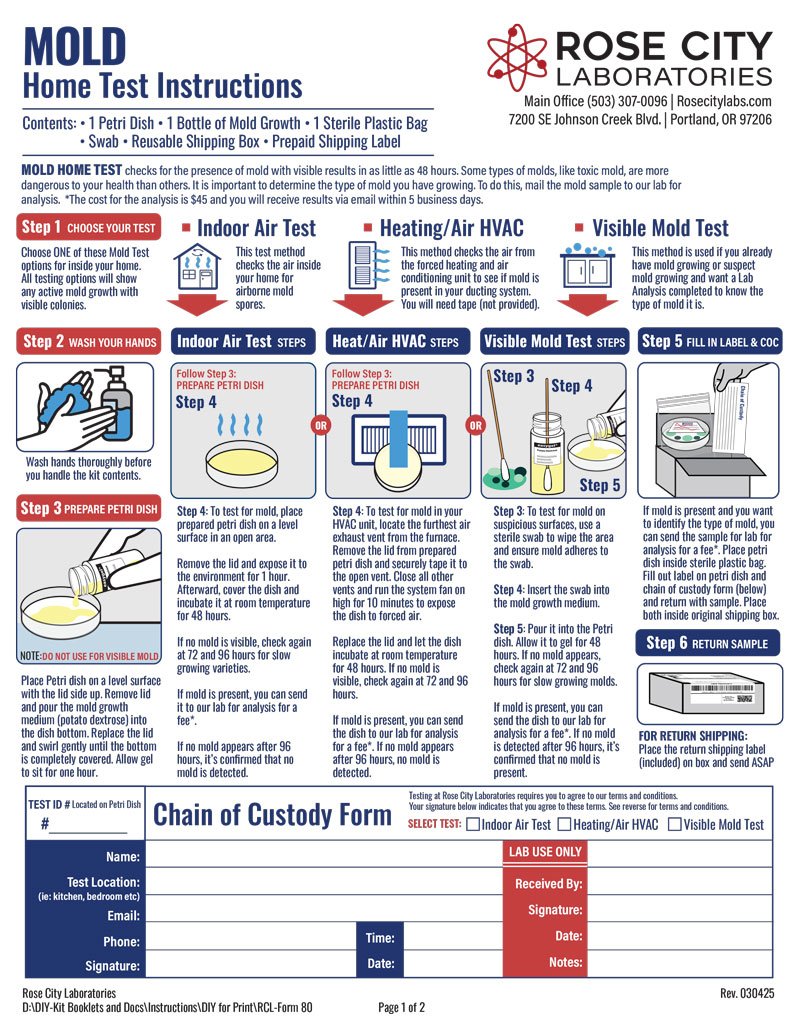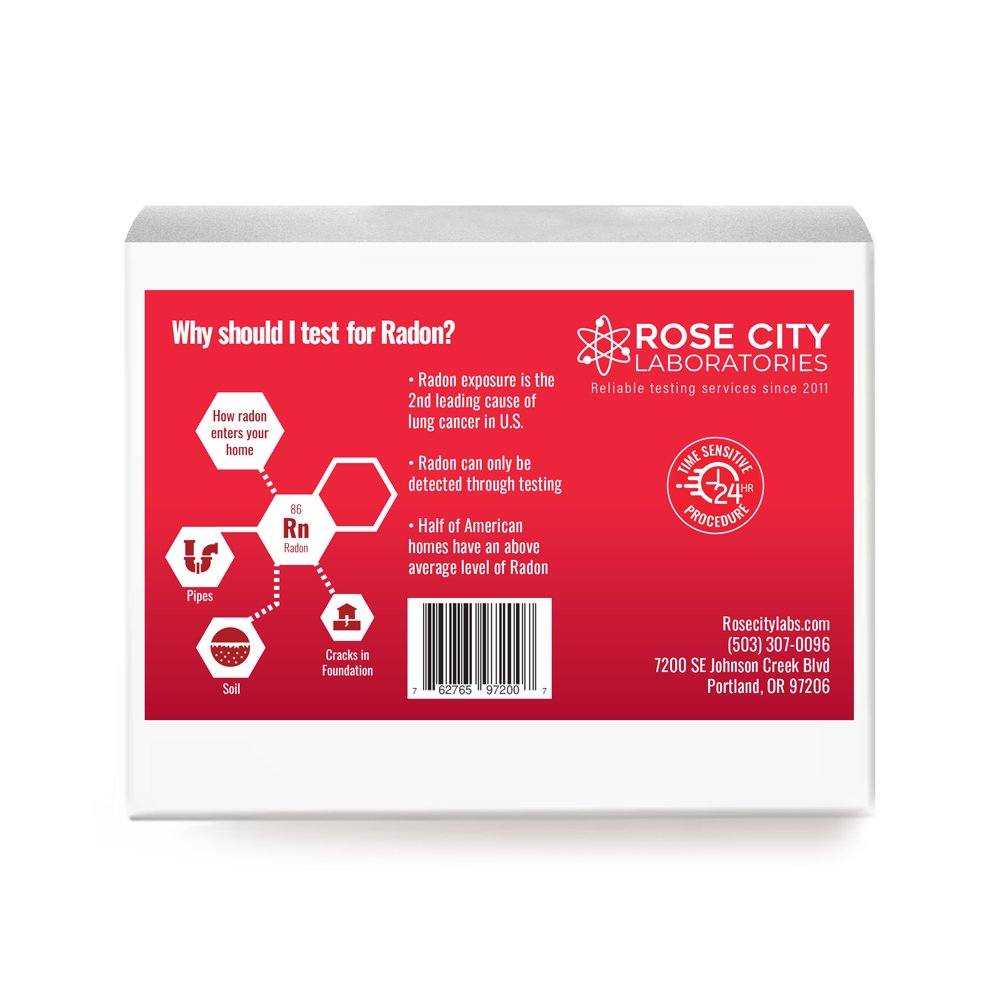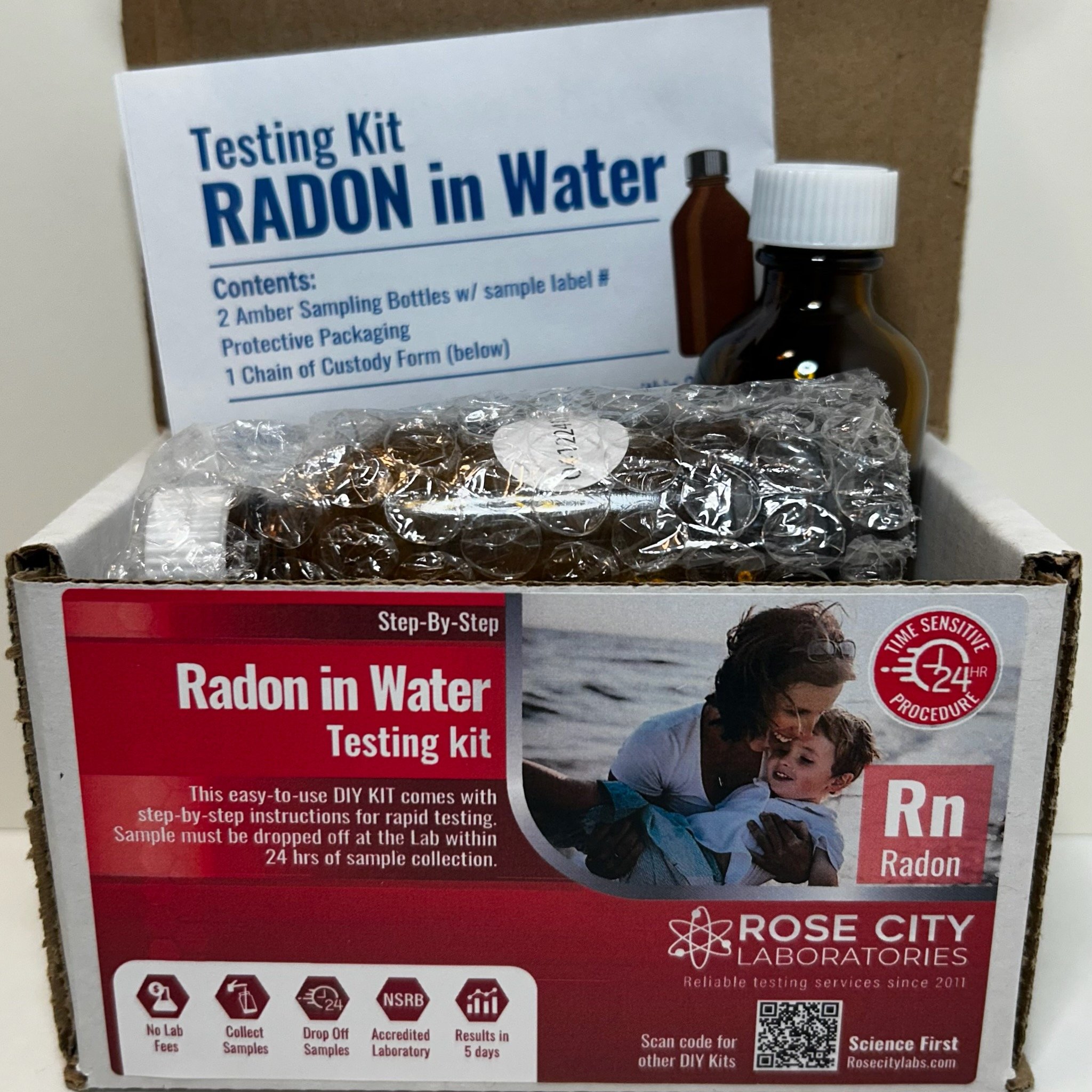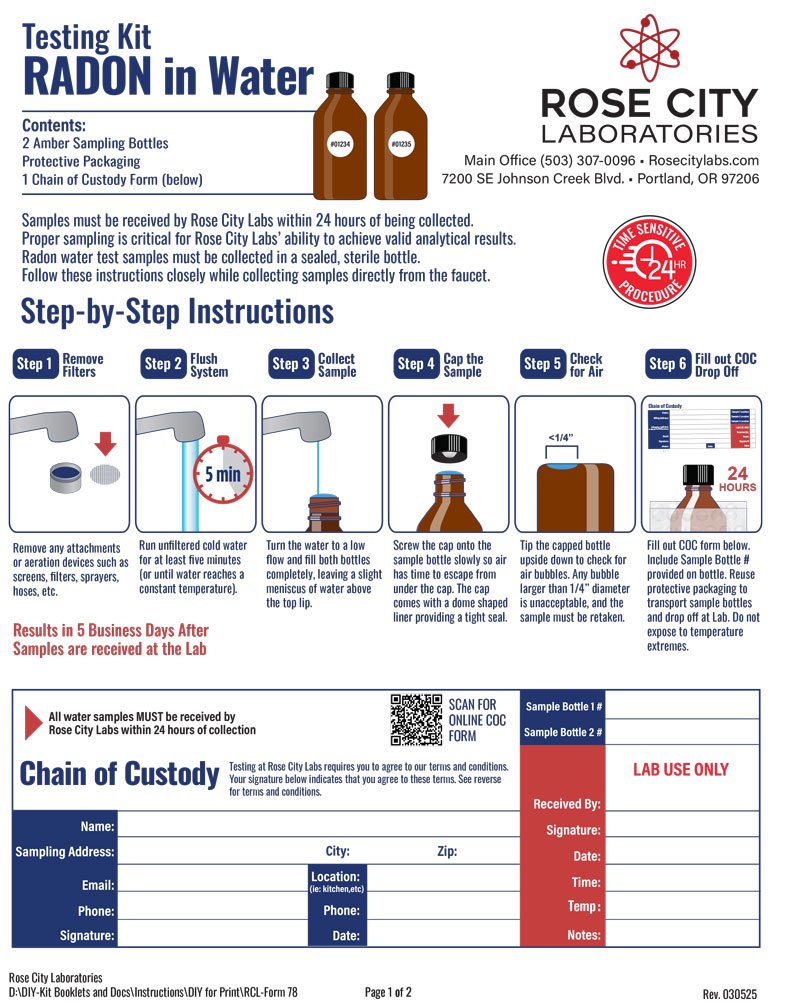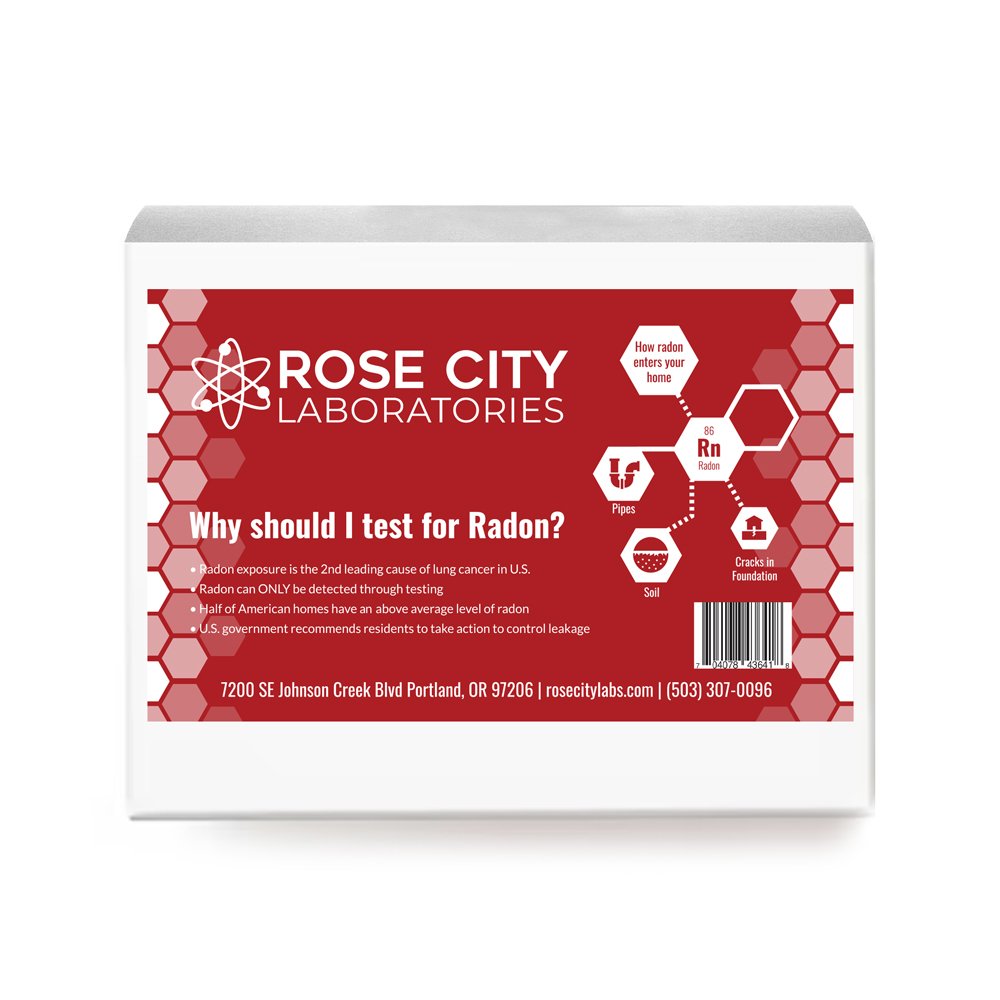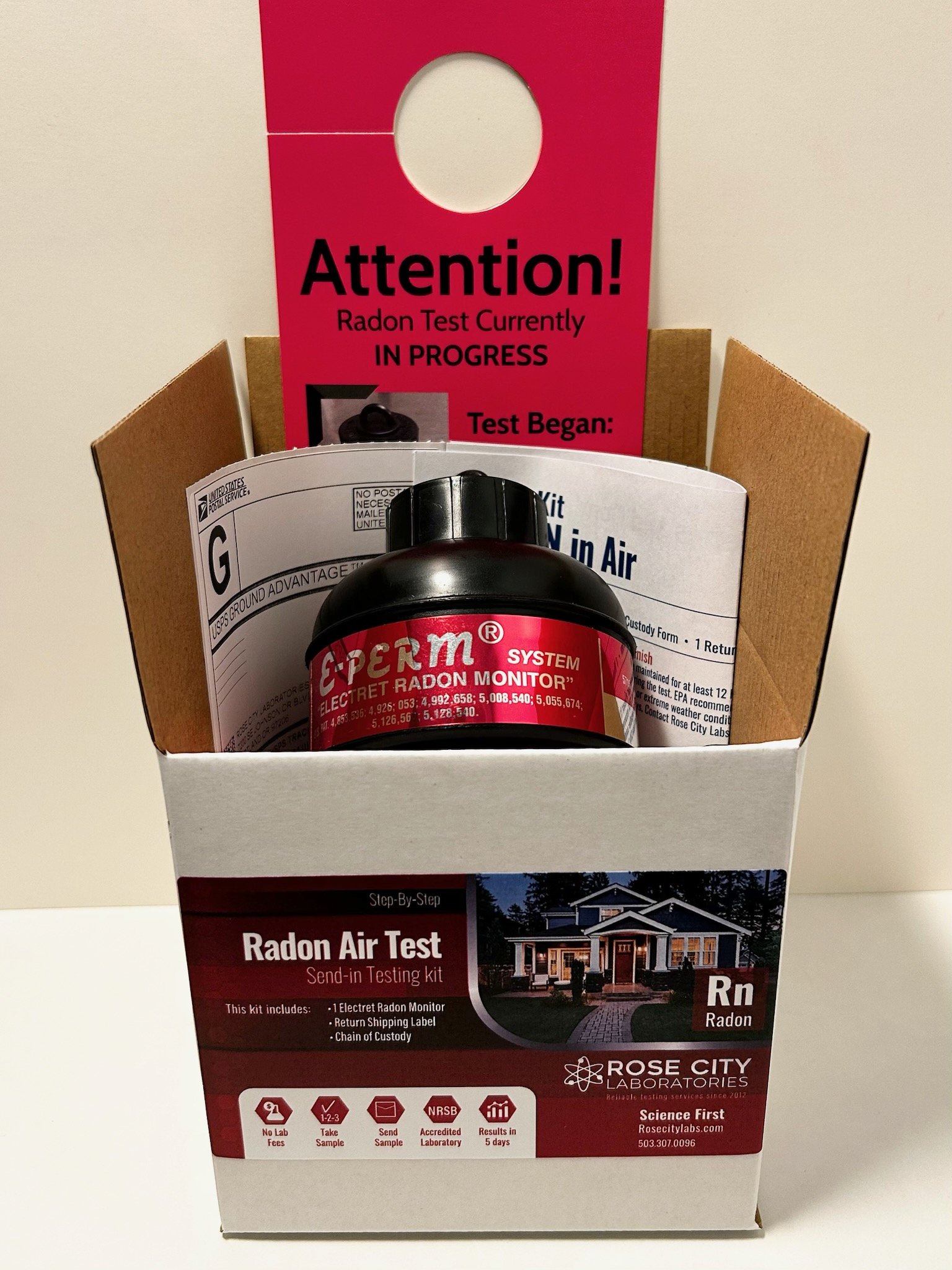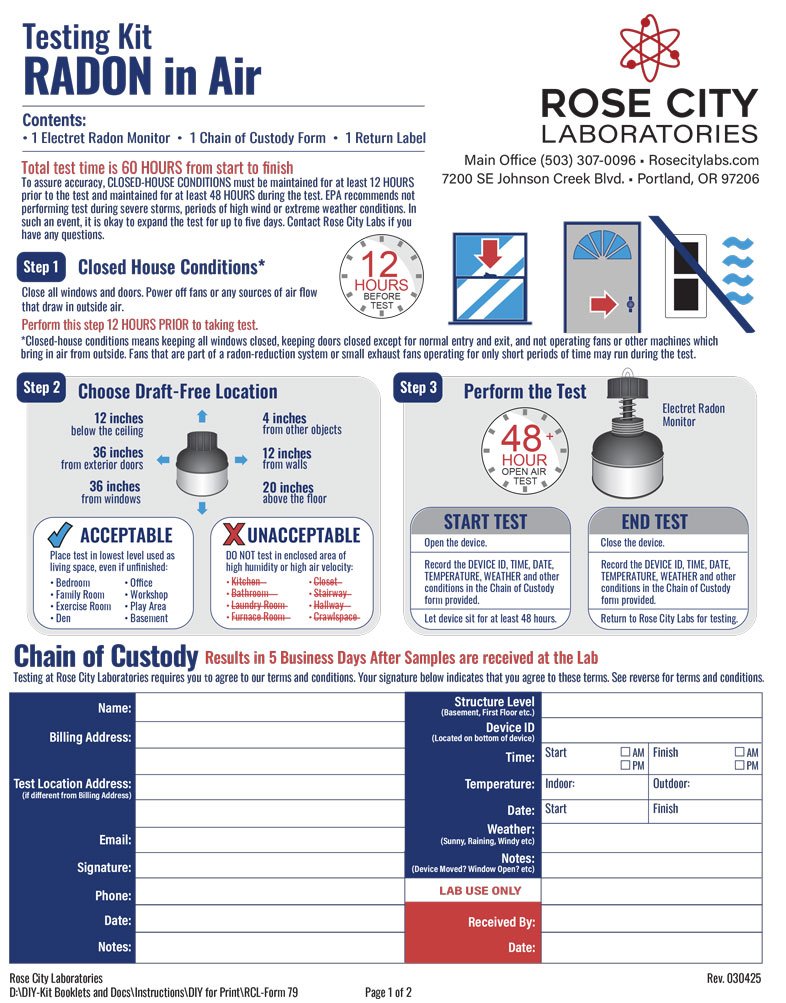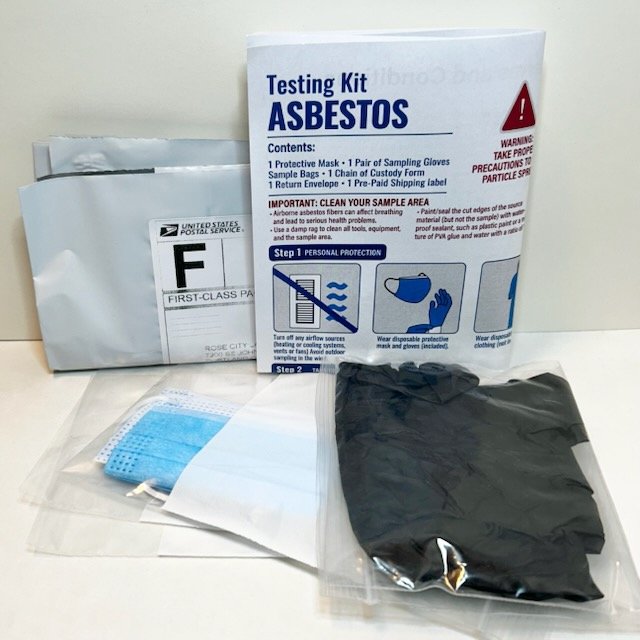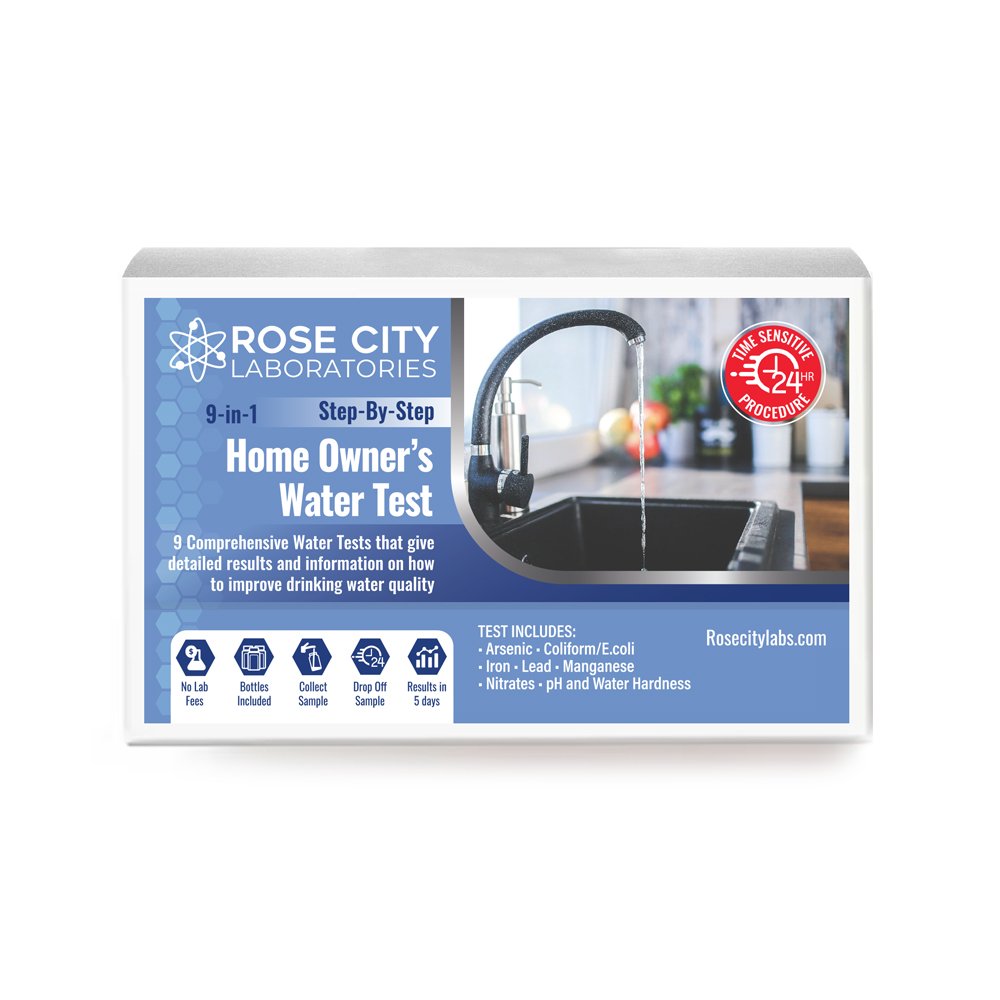Although public water supplies are tested regularly, contaminants in drinking water can come from inside the home’s pipelines. Lead, arsenic, copper, and other substances can enter drinking water through corrosion of plumbing materials, especially where the water has high acidity (pH) or low mineral content that corrodes pipes and fixtures. Waste can enter well water through different ways, including sewage overflows, sewage systems that are not working properly, polluted storm water runoff, and agricultural runoff. The EPA recommends testing well water annually.
